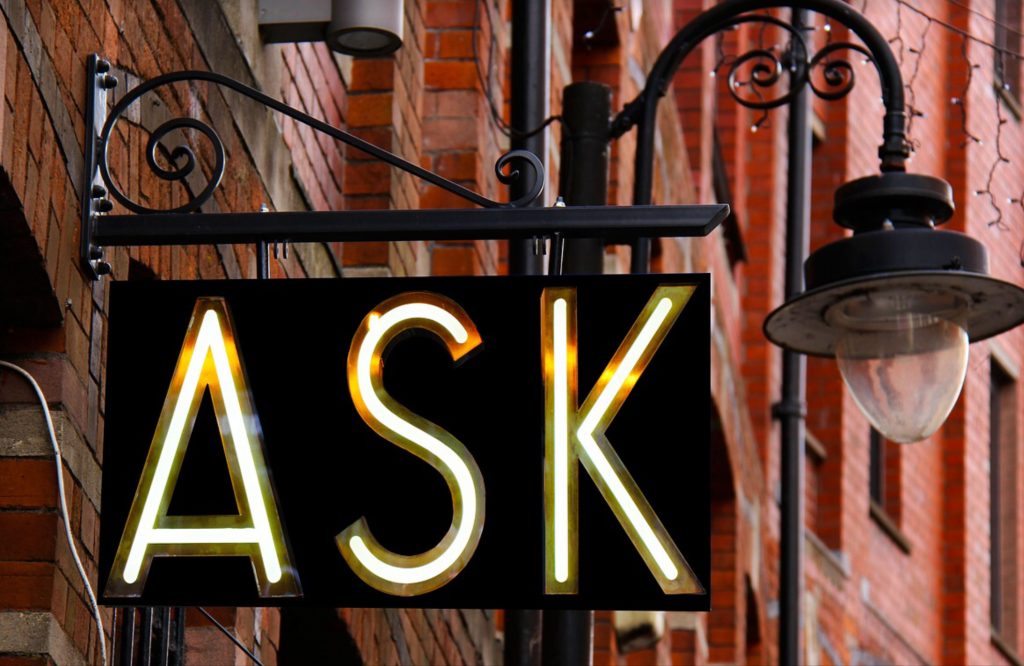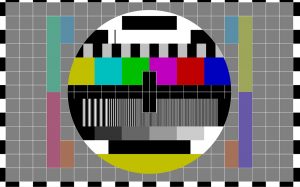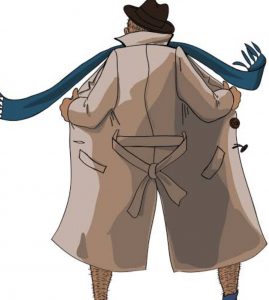10 things every screenwriter needs to know.

These are the 10 things every screenwriter needs to know before embarking on a screenwriting journey. These are the most common things people ask in forums. They nearly always start with “I am a newbie…”. So let’s jump the newbie stage so you can start learning what you need and leave these myths, worries and misconceptions behind.
10 things every screenwriter needs to know.
1 No one will steal your idea
Firstly ideas cannot be copyrighted as everyone has similar ideas all the time. There hasn’t been a new idea since Frankenstein. People will not steal your work (anyone worth worrying about), here is an article that explains why in detail. The story you will hear is “I have a friend that had their work stolen by a producer (everyone has a friend)”. If this happened, the producer is a ‘nobody’, you’ll find this ‘producer’ selling canned goods at a local supermarket. They may have a credit for a ultra low budget feature starring their girlfriend covered in fake blood. You could make/sell/option that script because no one is going to see the loser producers efforts.
2 Don’t ask people to sign an NDA (Non Disclosure Agreement).
If you understand that no one worth worrying about is going to steal from you. You should also understand that at anyone time there would be 50 different versions of your story in development. These story doppelgängers will either have similar events, similar characters, similar worlds or be a near direct copy of what you think is the most original thing in history.
These experienced people know that doppelgängers exist and may even be stories they are currently working on. So what does that mean? It means that your NDA indicates that you don’t know this. This makes them fear that you will accuse them of stealing from you. So they will say they don’t sign NDAs and move on.
The other issue if your story is great. You want this person to talk about it. You want them to tell all the right people. Develop buzz about your story. Nope, the NDA stops all that.
3 You already have copyright
The minute you have created a unique artistic expression of an idea you have copyright. You don’t need to register it. It is legally yours. No one can steal your work (unless they want a court case).
What registering does is it puts a pin in the time space continuum saying at this time and place I have this and here is a copy. You can then go and point to this to prove your work already existed.
This is always an instant win. While pointing to your copyright evidence (registering it with your local or WGA) you must prove it was stolen and not just someone else having the same idea as you. I know we are all geniuses and no one could ever have the same idea as us, so it must be theft. But there are billions of people, so you may have had the same idea as someone else.
Go research the screenplay for Gravity. The Studio already owned the rights to a book called Gravity about a woman trying to get back to earth. But Alfonso Cuaron had never seen that work and developed a story with a lot of the same elements. The author of the book went to court saying she wanted additional payments. She failed because Cuaron had never seen her work, therefore could not have stolen it.
4 You don’t have to register your screenplay
Many writers do not register their work with any copyright office or organisation. If you listen to the scriptnotes podcast you will hear that neither Craig Mazin or John August register their work.
This is entirely up to you. But I believe you cannot do a thing on the planet without leaving digital finger prints. So if someone has seen my work I can prove it. I can prove what they saw and what I sent them.
5 Agents and Managers will not help you develop your career.
A read a few posts a years that start with I am looking for a Manager (could be agent) to work with me to develop my career.
This isn’t what they do. They find you work (writer for hire gigs) and may get you in a room with people interested in something you have written. For this they get 10%. They want writers that are ready to work, ready to make them that 10%. After all they have to help ten writers to make the money that one writer does.
Managers can be different. Some managers act more like producers. They look at your work and try to put deals together. I have worked with one of these (not sure I would). They are getting my fee as well as a share of the product.
6 Studios don’t purchase spec scripts.
Studios have a massive catelogue to fall back on. They have purchased the rights to hundreds of books, comics and news articles. They don’t buy specs scripts (as of today) because they don’t need to purchase spec scripts. This may change. There was a time in the 1990’s when specs were all the rage. A studio had success with one and suddenly the others thought it was a pot of gold. So they all went and purchased specs.
Today they realise that they have a massive library and that will give them material for years.
7 Competitions aren’t that important.
In reality there are two competitions that may help your career if you do really well in them. That is the Nicol ran by the Academy and the Austin Film Festival. Everything else should be considered fun and a learning experience.
All these not important competitions say the same thing. We help writers get exposed, our judges are industry professionals, some of our winners have gone on to work for the biggest studios.
I have seen in forums people say “My script has won over fifty competitions, but no one wants to read it”. The reason is competitions don’t matter to the industry at large. Competitions are set up to take money from writers. That is why there are over 800 on Film Freeway. If they were meaningful the industry wouldn’t need agents or managers. They would just get the winners of the 800 plus competitions as a constant stream of new talent.
Some give notes, which is nice. But if you think of them as fun, you will never feel bad.
8 Coverage is nice, but meaningless.
To summarise this. Someone that is not going to purchase your script gives you a score of “Pass”, “Consider”, “Recommend”. Who cares what they think? There is no industry standard. They are NOT marking you against some quotified framework as set out by a government. They are telling you what they think. Who cares. If you want someone to read your work and give you some impressions of what they think, great. But do NOT let them tell you they are some sort of industry insider to can tell you what the industry will think of your work. It is all crap.
The best example of this scam is when they give the writer a “recommend” but a “pass” on the work. Basically saying “Your great. Keep paying me and I’ll help you improve your work”. Here is a test of that logic. How does a great writer, write bad work? Isn’t the work the measure of the writer. Perhaps they are saying “You’re really good at English, but can’t tell a story”.
9 Tools not rules.
This is an opinion. There are no rules. The idea that an event has to happen on a certain page destines your work to be exactly like everybody else using the same template. These rules are used to get money out of amateur writers. It gives the conman a form that they can base their scam on. That you need to comply with industry standards etc.
Tools are different. A tool is something that can be used to make anything. I can use a hammer to drive in a nail or crack an egg, that is a tool. A treatment is a tool. Writing your screenplay in treatment form enables you to see issues. Filling out a beat sheet or template is a physical version of rules and will break you originality.
10 Yes you should quit now.
I must be an angry man. I am sick to death of people coming to forums for ego pick me ups. “I can’t get motivated”, “I don’t know if I should be a writer?”, “I want to write, but can’t bring myself to start”.
Quit now. Find something that brings you joy and do that. That is your answer. Writers, write, always (I stole that from “Throw Mumma from the train”).
Writing isn’t hard. I had a job picking bean sprouts as a kid. You work in the dark, you get sprayed with zero degree water every hour, it is hot and the bottom four inches are rotten and stinks. You thrust your hands into the sprouts and pull them out so it rubs away at your nails as well. That was hard for a 15 year old. Writing is a walk in the park. People whinge and moan about how hard writing is and how they can’t get started. Stop now and get yourself something else to do. Life is too short to waste on something you are crap at and need the entire world to stroke your ego to get you started. You don’t want to do it and I don’t want to hear about it.
These are ten thing I think all writers need to hear before they get started as a screenwriter. These normally take a year of forum reading to find out about (maybe more). This is a shortcut. This gets you two years down the road so you can concentrate on growing as a writer and avoid the paranoia of stolen work and competition and consultant cons.
This ends the 10 things every screenwriter needs to know. I know some of you will not believe any of it.
Some extras.
Listen to podcasts about screenwriting. Things like Scriptnotes and Draft-Zero are a great place to start.
Write a short film. You will learn more about screenwriting than every lesson you can take. Then grab your friends and a phone and go shoot it. Doing is always better than reading about other people doing.





